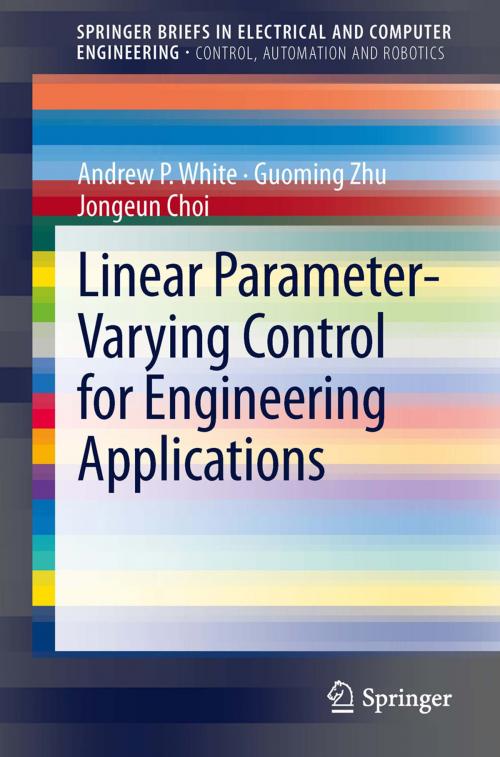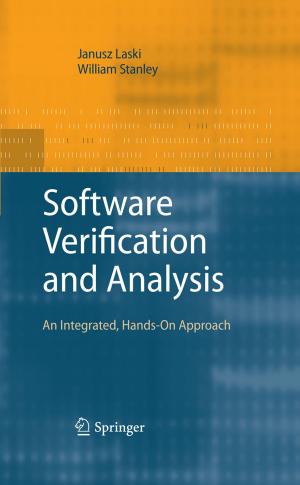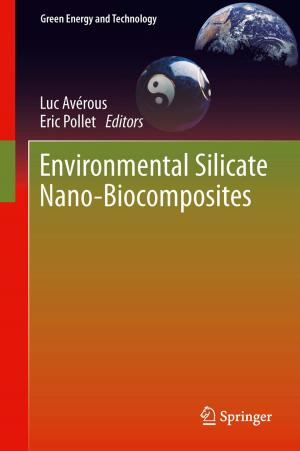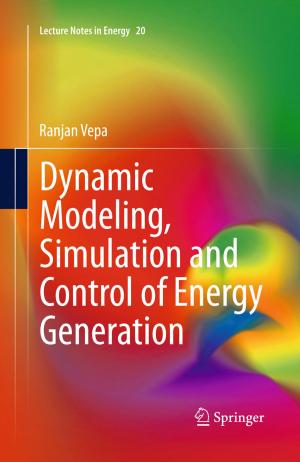Linear Parameter-Varying Control for Engineering Applications
Nonfiction, Science & Nature, Technology, Automation, Engineering, Automotive| Author: | Guoming Zhu, Jongeun Choi, Andrew P. White | ISBN: | 9781447150404 |
| Publisher: | Springer London | Publication: | March 30, 2013 |
| Imprint: | Springer | Language: | English |
| Author: | Guoming Zhu, Jongeun Choi, Andrew P. White |
| ISBN: | 9781447150404 |
| Publisher: | Springer London |
| Publication: | March 30, 2013 |
| Imprint: | Springer |
| Language: | English |
The subject of this brief is the application of linear parameter-varying (LPV) control to a class of dynamic systems to provide a systematic synthesis of gain-scheduling controllers with guaranteed stability and performance.
An important step in LPV control design, which is not well covered in the present literature, is the selection of weighting functions. The proper selection of weighting functions tunes the controller to obtain the desired closed-loop response. The selection of appropriate weighting functions is difficult and sometimes appears arbitrary. In this brief, gain-scheduling control with engineering applications is covered in detail, including the LPV modeling, the control problem formulation, and the weighting function optimization. In addition, an iterative algorithm for obtaining optimal output weighting functions with respect to the H2 norm bound is presented in this brief. Using this algorithm, the selection of appropriate weighting functions becomes an automatic process. The LPV design and control synthesis procedures in this brief are illustrated using:
• air-to-fuel ratio control for port-fuel-injection engines;
• variable valve timing control; and
• application to a vibration control problem.
After reading this brief, the reader will be able to apply its concepts to design gain-scheduling controllers for their own engineering applications. This brief provides detailed step-by-step LPV modeling and control design strategies along with an automatic weight-selection algorithm so that engineers can apply state-of-the-art LPV control synthesis to solve their own engineering problems. In addition, this brief should serve as a bridge between the H-infinity and H2 control theory and the real-world application of gain-scheduling control.
The subject of this brief is the application of linear parameter-varying (LPV) control to a class of dynamic systems to provide a systematic synthesis of gain-scheduling controllers with guaranteed stability and performance.
An important step in LPV control design, which is not well covered in the present literature, is the selection of weighting functions. The proper selection of weighting functions tunes the controller to obtain the desired closed-loop response. The selection of appropriate weighting functions is difficult and sometimes appears arbitrary. In this brief, gain-scheduling control with engineering applications is covered in detail, including the LPV modeling, the control problem formulation, and the weighting function optimization. In addition, an iterative algorithm for obtaining optimal output weighting functions with respect to the H2 norm bound is presented in this brief. Using this algorithm, the selection of appropriate weighting functions becomes an automatic process. The LPV design and control synthesis procedures in this brief are illustrated using:
• air-to-fuel ratio control for port-fuel-injection engines;
• variable valve timing control; and
• application to a vibration control problem.
After reading this brief, the reader will be able to apply its concepts to design gain-scheduling controllers for their own engineering applications. This brief provides detailed step-by-step LPV modeling and control design strategies along with an automatic weight-selection algorithm so that engineers can apply state-of-the-art LPV control synthesis to solve their own engineering problems. In addition, this brief should serve as a bridge between the H-infinity and H2 control theory and the real-world application of gain-scheduling control.















